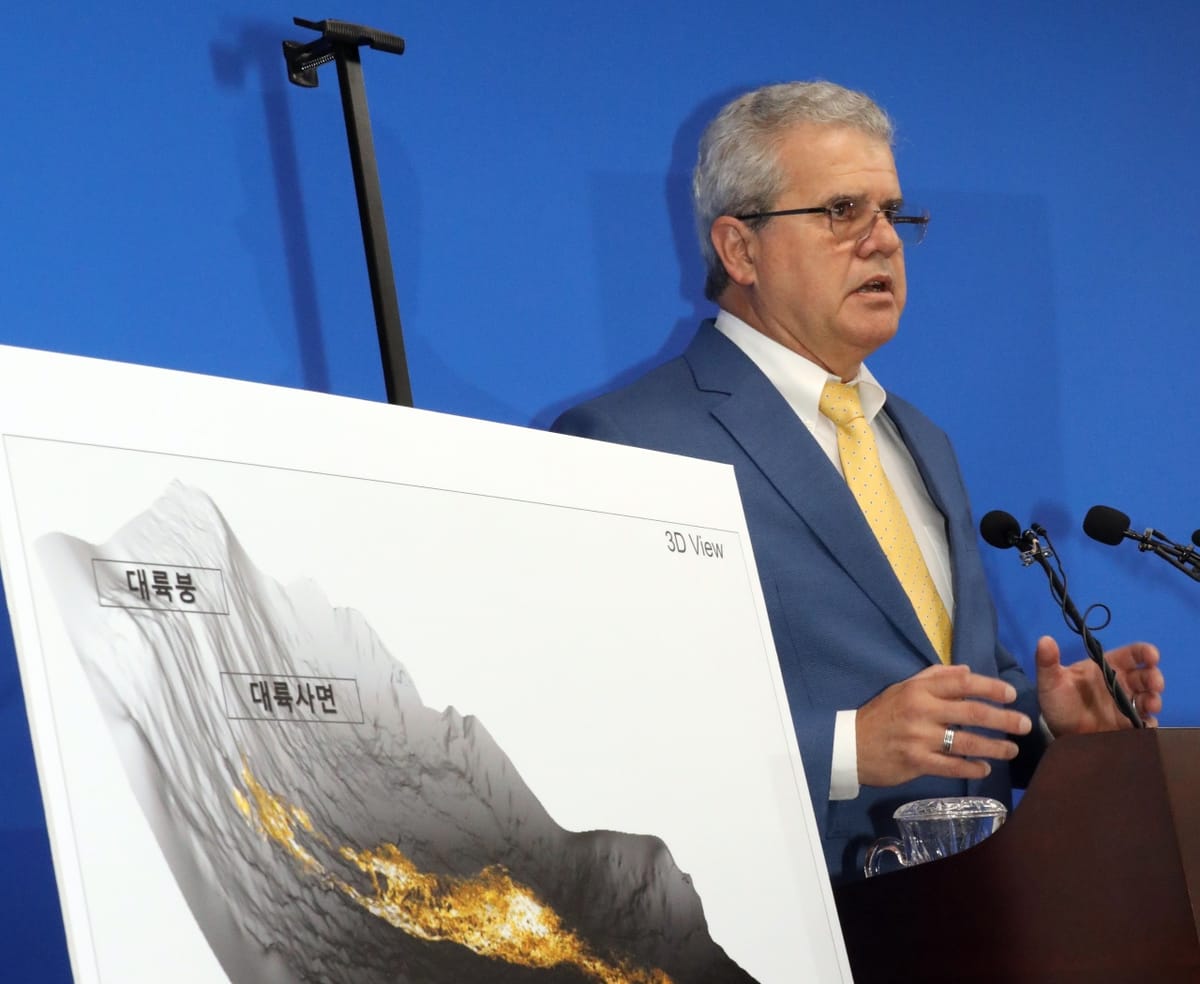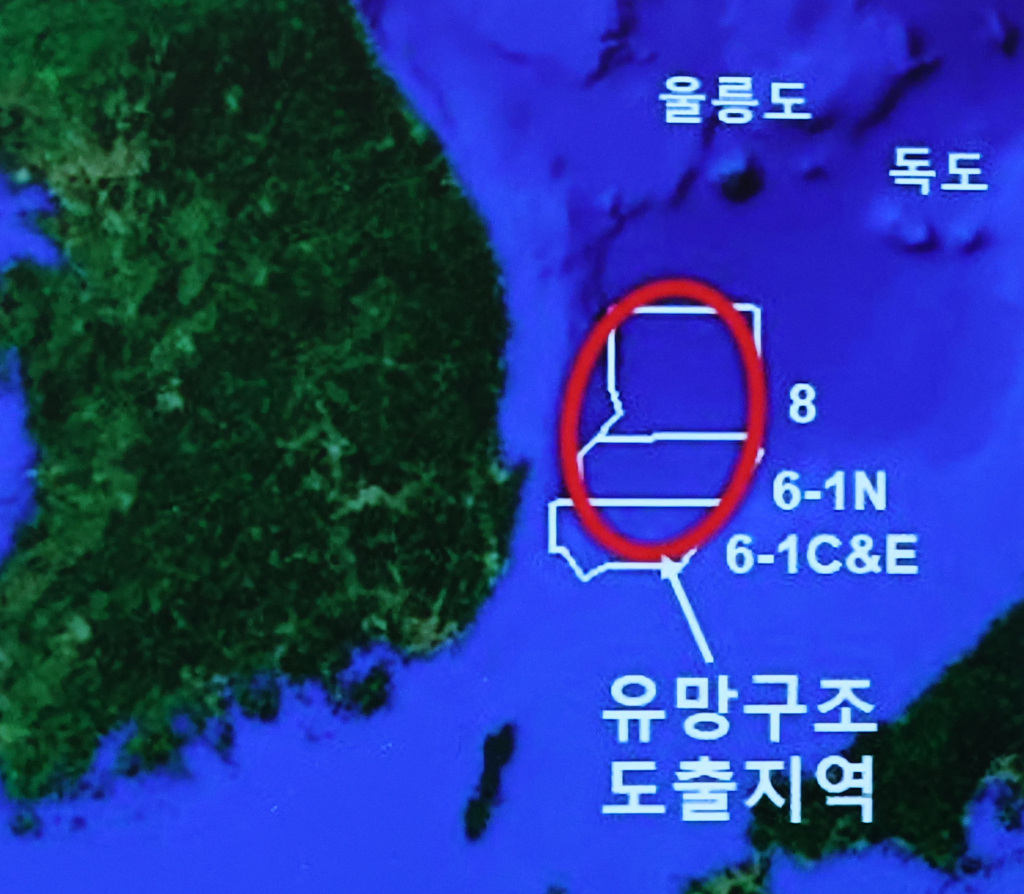Government, ActGeo defend Korean Oil Find, Former Gyeonggi Gov Convicted
Offshore Oil and Gas Exploration Firm Defends Analysis, Conviction of Former Vice Gov and Impact on Lee Jae-myung, Impact of Military Pact Suspension on Korea-US Alliance

Offshore Oil and Gas Exploration Firm Defends Analysis
Following the surprise announcement this week of the potential discovery of up to 1.4 billion barrels of oil and gas in the East Sea off the coast of Pohang, President Yoon Seok-yeol and Minister of Trade, Industry and Energy Ahn Deok-geun held a press conference to share the news, which was based on an analysis by US firm ActGeo of exploration data from the Korea National Oil Corporation (KNOC). The claimed reserves, if proven, would be worth five times the market capitalization of Samsung. However, critics argue the announcement was premature, as drilling is still needed to confirm the actual size and commercial viability of the reserves.
ActGeo, the small Texas-based consulting firm behind the reserve estimate, has come under scrutiny following the government's announcement. Founded in 2016, ActGeo is a relatively unknown quantity in the industry. Its CEO, Vitor Abreu, is a veteran geologist who previously worked at ExxonMobil for many years. But questions have been raised about whether ActGeo, with its small size and limited track record, has the capabilities to assess such a massive project. The fact that ActGeo lists a residential address as its company headquarters has only fueled the doubts. Abreu has defended his firm as a specialist in niche deep-sea exploration projects.
The government's decision to rely solely on ActGeo for the reserve analysis has come under fire. The administration commissioned the study only to ActGeo, without seeking participation from state-run institutions like the Korea Institute of Geoscience and Mineral Resources (KIGAM) that have relevant expertise. Critics say this approach puts all the nation's eggs in one basket, amplifying the risk of failure if ActGeo's analysis proves to be flawed. They point to past cases where KNOC's reserve estimates based on early data failed to pan out. The government argues that

has a strong track record, including in the massive Guyanese offshore discovery for ExxonMobil.
Even if the 1.4 billion barrel figure holds up, the feasibility of extracting the reserves is another key question. Offshore drilling is a highly complex and costly operation, with each deep-sea well in this project expected to cost over 100 billion won ($75 million). The potential for failure or underwhelming results is significant, as seen in other frontier offshore exploration projects worldwide. Until drilling is completed, the actual size of the economically recoverable reserves will remain unproven. The risk is that the government could end up wasting billions of taxpayer dollars on effectively a white elephant.
For the Yoon administration, tapping a major new domestic energy source promises tantalizing geopolitical benefits. If the reserves are proven, it could reduce Korea's heavy dependence on oil imports from the politically volatile Middle East. Still, even 1.4 billion barrels would only cover a fraction of Korea's consumption needs. Perhaps more significantly, the project could bolster Korea's claims in its ongoing disputes with Japan over boundaries in the East Sea. Staking out underwater oil and gas claims has become a key priority under Yoon's resource nationalism push. The administration hopes a major discovery could be a game-changer for Korea's economic and geopolitical clout.